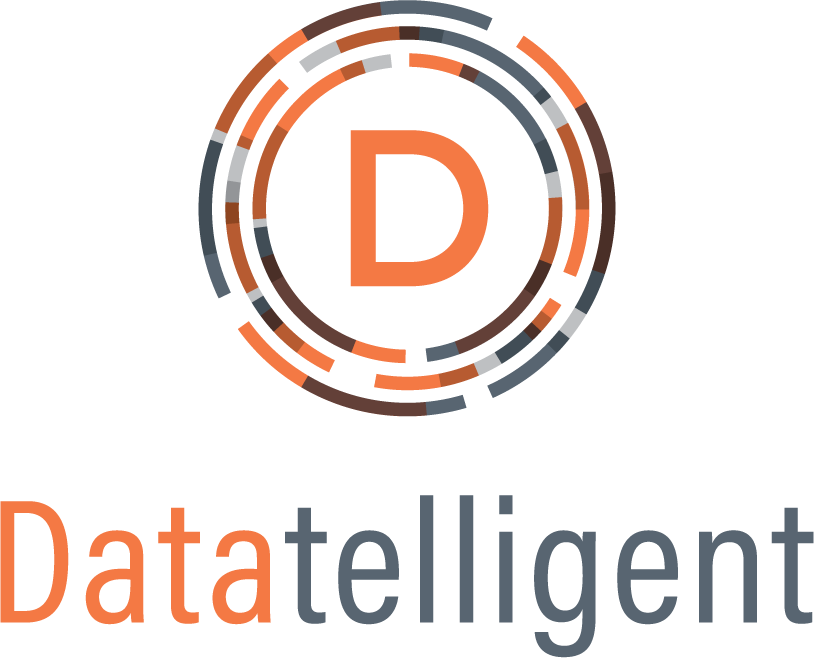Effective education resource strategies are crucial for universities aiming to optimize their operations, enhance student success, and achieve their academic missions. At Datatelligent, we specialize in providing innovative solutions that help universities manage their resources more effectively, ensuring that every dollar spent and every hour invested contribute to the institution’s goals. In this blog, we will explore the importance of robust education resource strategies and how Datatelligent can support universities in implementing these strategies to achieve excellence.
Understanding Education Resource Strategies
Education resource strategies encompass the planning, allocation, and management of an institution’s financial, human, and physical resources. These strategies ensure that resources are used efficiently and effectively to support academic programs, student services, research initiatives, and operational functions. Key components of education resource strategies include:
-
- Financial Management: Efficient budgeting, forecasting, and financial planning are essential for maintaining fiscal health. Universities must allocate funds strategically to support priority areas, manage costs, and ensure long-term sustainability.
-
- Human Resource Management: Attracting, retaining, and developing talented faculty and staff are critical for delivering high-quality education. Effective human resource strategies include recruitment, professional development, performance management, and succession planning.
-
- Infrastructure Management: Universities must maintain and optimize their physical infrastructure, including classrooms, laboratories, libraries, and student housing. This involves regular maintenance, upgrading facilities, and ensuring that spaces meet the needs of the academic community.
-
- Technology Integration: Leveraging technology to enhance teaching, learning, and administration is a key aspect of modern education resource strategies. This includes investing in digital learning platforms, data management systems, and cybersecurity measures.
The Role of Data in Education Resource Strategies
Data plays a central role in developing and implementing effective education resource strategies. By analyzing data on financial performance, human resources, facility usage, and technology adoption, universities can make informed decisions that optimize resource allocation and utilization. Key benefits of data-driven resource strategies include:
-
- Informed Decision-Making: Data-driven insights enable university leaders to make evidence-based decisions that align with institutional goals. For example, financial data can inform budget allocation, while human resource data can guide recruitment and retention efforts.
-
- Improved Efficiency: Analyzing data on resource usage helps identify inefficiencies and areas for improvement. For instance, analyzing classroom occupancy rates can inform decisions on space utilization, reducing wasted resources.
-
- Enhanced Accountability: Data transparency promotes accountability by providing clear metrics for performance evaluation. Stakeholders can track progress, assess the impact of resource investments, and ensure that resources are used effectively.
-
- Strategic Planning: Data supports long-term strategic planning by providing insights into trends, opportunities, and challenges. Universities can develop proactive strategies to address emerging needs and capitalize on future opportunities.
How Datatelligent Supports Education Resource Strategies
At Datatelligent, we offer comprehensive solutions that empower universities to develop and implement effective education resource strategies. Our expertise in data management and analytics enables institutions to harness the power of their data for optimal resource planning and utilization. Here’s how we can help:
-
- Data Integration and Centralization: We assist universities in integrating data from various sources into a centralized system. This unified approach ensures that all relevant data is easily accessible, facilitating comprehensive analysis and informed decision-making.
-
- Advanced Analytics and Reporting: Our advanced analytics tools provide customizable dashboards and reports that deliver actionable insights. University leaders can monitor key performance indicators, track resource usage, and identify opportunities for optimization.
-
- Financial Planning and Analysis: We offer solutions for budgeting, forecasting, and financial analysis that support strategic financial management. Our tools enable universities to allocate funds effectively, manage costs, and ensure financial sustainability.
-
- Human Resource Analytics: Our human resource analytics solutions help universities attract, retain, and develop top talent. By analyzing data on recruitment, performance, and professional development, institutions can optimize their human resource strategies.
-
- Facility and Infrastructure Management: We provide tools for monitoring and managing physical infrastructure, ensuring that facilities meet the needs of the academic community. Our solutions support maintenance planning, space utilization analysis, and capital project management.
-
- Technology Integration and Support: We assist universities in leveraging technology to enhance education and administration. Our solutions include digital learning platforms, data management systems, and cybersecurity measures that support effective technology integration.
Real-World Impact of Effective Education Resource Strategies
The impact of effective education resource strategies can be transformative for universities. Institutions that adopt data-driven approaches to resource management can achieve remarkable results, including:
-
- Increased Operational Efficiency: Optimizing resource allocation and utilization reduces waste, lowers costs, and improves productivity, enabling universities to deliver high-quality education more efficiently.
-
- Enhanced Student Success: By investing resources strategically in academic programs, student services, and support initiatives, universities can improve student retention, graduation rates, and overall success.
-
- Strengthened Financial Health: Robust financial management ensures that universities maintain fiscal stability, manage risks, and achieve long-term sustainability.
-
- Improved Campus Facilities: Effective infrastructure management ensures that facilities are well-maintained, meet the needs of the academic community, and support a conducive learning environment.
Why Choose Datatelligent?
Datatelligent is a trusted partner for universities seeking to optimize their education resource strategies. Our deep understanding of the higher education sector, combined with our advanced technology and commitment to customer success, makes us the ideal choice for institutions aiming to enhance their resource management capabilities. By partnering with Datatelligent, universities can leverage data-driven insights to achieve their academic and operational goals.
In conclusion, effective education resource strategies are essential for universities striving for excellence. By adopting data-driven approaches to financial, human resource, infrastructure, and technology management, institutions can optimize resource allocation, enhance student success, and achieve their academic missions. Datatelligent’s comprehensive solutions empower universities to develop and implement these strategies, driving continuous improvement and academic excellence.





